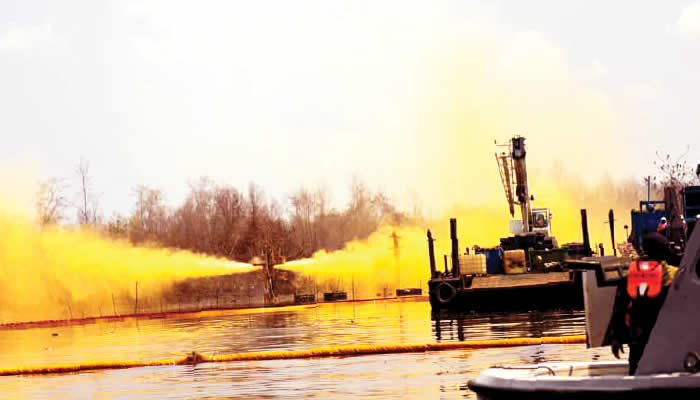The upcoming legal battle between Shell Plc and the Ogale and Bille communities of Nigeria’s Niger Delta, set to commence in the UK High Court on February 13, 2024, signifies a watershed moment in the pursuit of corporate accountability for environmental devastation. This landmark case, focusing on oil pollution attributed to Shell’s operations, represents a culmination of a decade-long struggle by these communities to seek redress for the alleged destruction of their environment and livelihoods. The Preliminary Issues Trial of Nigerian Law, scheduled to conclude on March 10, will address crucial legal questions that will pave the way for a full trial examining the claims of widespread environmental damage, including the contamination of drinking water and the devastation of traditional farming and fishing practices. This legal action, championed by the UK law firm Leigh Day and supported by organizations like Amnesty International, holds immense significance for international environmental law and corporate responsibility.
The heart of this case lies in the allegations levied against Shell, Nigeria’s oldest energy company, regarding its role in the extensive oil pollution that has plagued the Ogale and Bille communities. These communities contend that Shell’s operations have resulted in persistent oil spills, contaminating their farmlands, waterways, and drinking water sources, rendering them unable to sustain their traditional livelihoods. The resulting environmental degradation has not only impacted their economic well-being but also posed severe health risks, with reports of birth defects and other health complications linked to the polluted environment. Amnesty International, a prominent human rights organization, has documented the devastating impact of Shell’s operations in the Niger Delta for over two decades and has joined the call for corporate accountability in this case.
Shell, for its part, has historically denied legal responsibility for the pollution, attributing it to other factors such as oil theft and sabotage. This legal battle has faced numerous delays and challenges, with Shell initially seeking to dismiss the case. However, a significant ruling by the UK Court of Appeal on December 6, 2024, affirmed the jurisdiction of the UK courts to hear the case, paving the way for this pivotal trial. This decision represents a major victory for the affected communities and reinforces the principle that multinational corporations can be held accountable for their actions in foreign countries, even within their home jurisdictions.
The upcoming trial is expected to delve into complex legal questions surrounding corporate responsibility, causation, and the extent of Shell’s liability for the alleged environmental damage. The court will examine evidence presented by both sides, including expert testimony, scientific reports, and witness accounts, to determine the validity of the claims against Shell. The outcome of this trial has far-reaching implications, potentially setting a global precedent for holding multinational corporations accountable for environmental harm caused by their operations in developing countries. A ruling in favor of the Ogale and Bille communities could open the door for similar legal actions against other corporations operating in regions with lax environmental regulations.
The legal fight led by the Ogale and Bille communities is not solely about financial compensation. It is a fight for environmental justice, for the restoration of their contaminated lands and waterways, and for the recognition of their fundamental human right to a clean and healthy environment. They seek not only remediation of the environmental damage but also a commitment from Shell to prevent future pollution incidents. This case highlights the critical need for stronger regulatory frameworks and enforcement mechanisms to hold corporations accountable for their environmental impacts and to protect vulnerable communities from the devastating consequences of pollution.
The international community will be closely watching the proceedings of this trial, as its outcome will have significant implications for the future of corporate accountability and environmental justice. The case represents a crucial test of the legal system’s ability to address the complex challenges of transboundary pollution and to ensure that multinational corporations operate responsibly and sustainably, respecting the rights and well-being of communities affected by their operations. The fight of the Ogale and Bille communities embodies the growing global movement demanding corporate responsibility and environmental justice, reminding us of the urgent need to protect our planet and the communities that depend on it.


